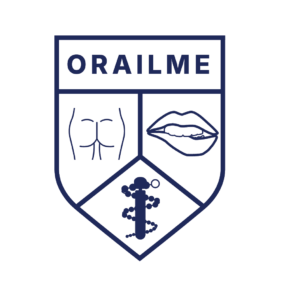From the moment I stepped foot onto UR’s campus, I’ve had a plan.
During my first semester, I became a double major in international relations and Spanish and have not waivered from my initial decision those four years ago. While friends around me switched from biology to English, or political science to Japanese, I was very good at planning out my classes semester after semester to make sure I remained on track to graduate with the two majors that I picked up as a freshman.
Though graduation is eight months away, there has been no shortage of people that ask about my plans after college, as if my careful construction of my undergraduate years has been cast aside to instead look at the “bigger picture.”
I’m sure the people who ask the notorious question about my life plan mean well, mainly because they’re the people close to me: my neighbors, my parents and my peers, to name a few. The questioners intend to make conversation, but their interrogation about my future is enough to make me shy away even from filling out the “Intent to Graduate” form that was recently sent to my inbox.
With all this attention to the future, I keep coming back to the same thought: that I’m too young to know what I want to do with the rest of my life, while knowing full well that the time is now to solidify my post-graduation plans — whether that be going to graduate school or getting a job.
The problem is not that I’m lacking goals, but rather that I don’t know where to go from here. Thinking about the next step logically, I know that I can make an appointment with the Career Center to discuss my résumé and future plans, attend an on-campus job fair or start sending out my résumé to online job postings if my sights are set on getting a job.
If it’s graduate school that I’ve settled on, I know the only steps that I need to take are sending a check and studying for either the GRE or the LSAT, or maybe both.
Hearing the horror stories of recent graduates who are trying to find a job in today’s economy doesn’t assuage my worries either. Some graduates have spent months looking for jobs only to find ones that are under their particular skill set or have just attained a higher degree and are still without job prospects.
Is graduate school, then, just prolonging the inevitable breakthrough into the job market and payment of college debt?
If so, it’s certainly a debatable point that I’m grappling with as I decide where I go from here. That, and the fact that I’d have to prepare for and take a harder version of the SAT — something I took three times just to get into college.
For now, I’m scrambling to catch up with the rest of my graduating class — those who are applying to graduate schools, those who have gotten jobs already lined up after graduation, and those who are engineering or mathematics majors that are automatically swept up by corporations in need of their skill sets.
But as I approach life in the “real world” outside the safety of the ivy-covered buildings at UR, I can only ask for one thing: Please stop asking me what I’m going to do next. I’ll get there, I promise.
Olfano is a member of
the class of 2012.

